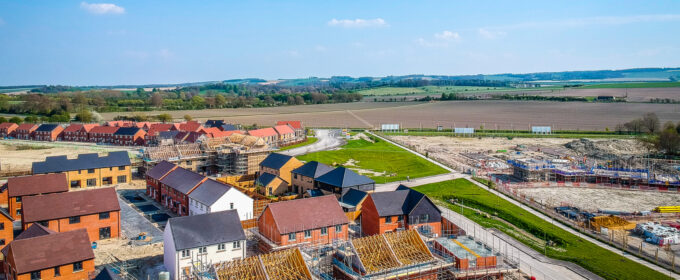The development of equality and human rights is vital for the way work and employment are structured and organised. Despite the development of the Employment Rights Bill, the UK has not seen a systematic development of equality strategies, with workers’ experiences differing between private and public sectors and a lack of clear and formal legal […]









